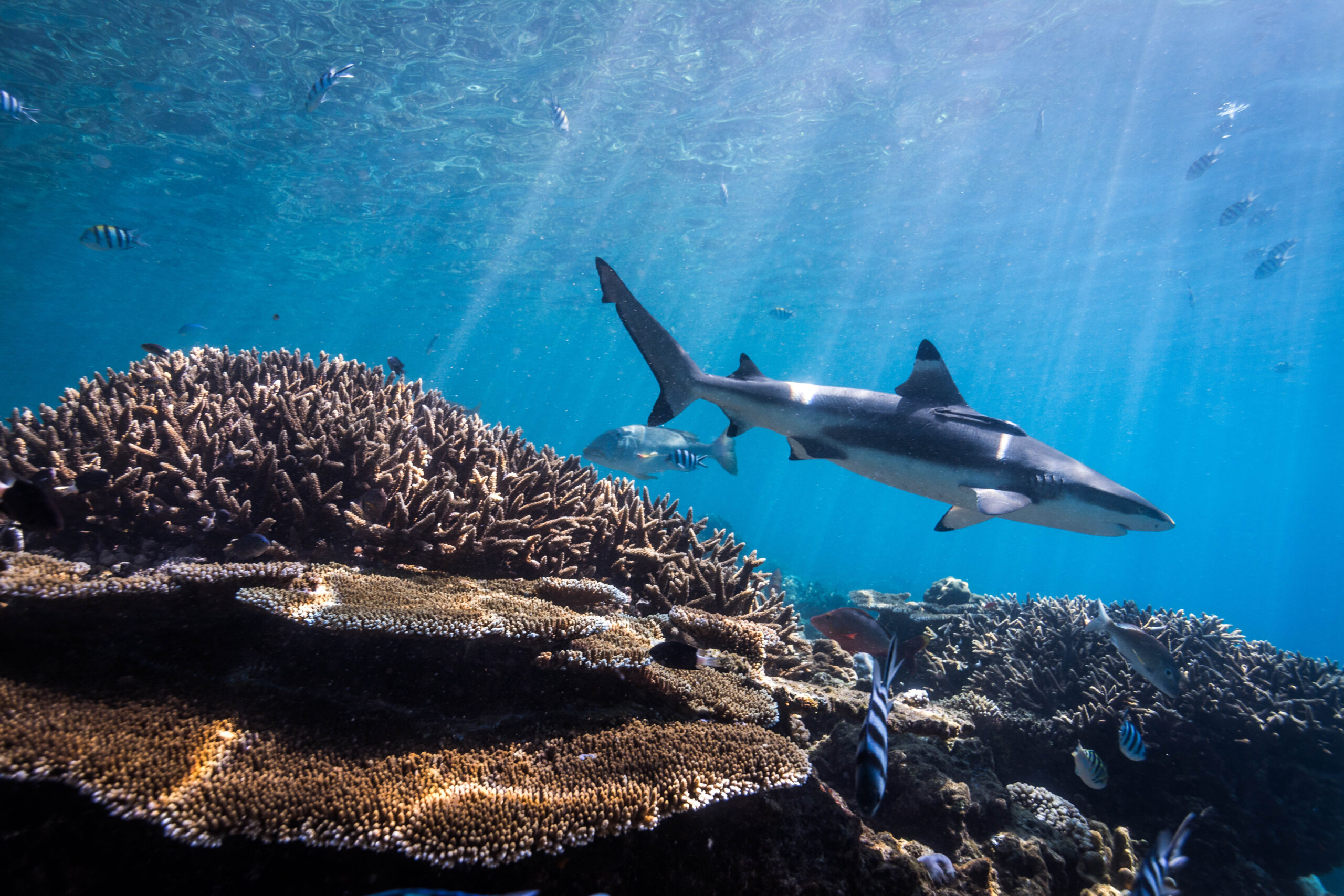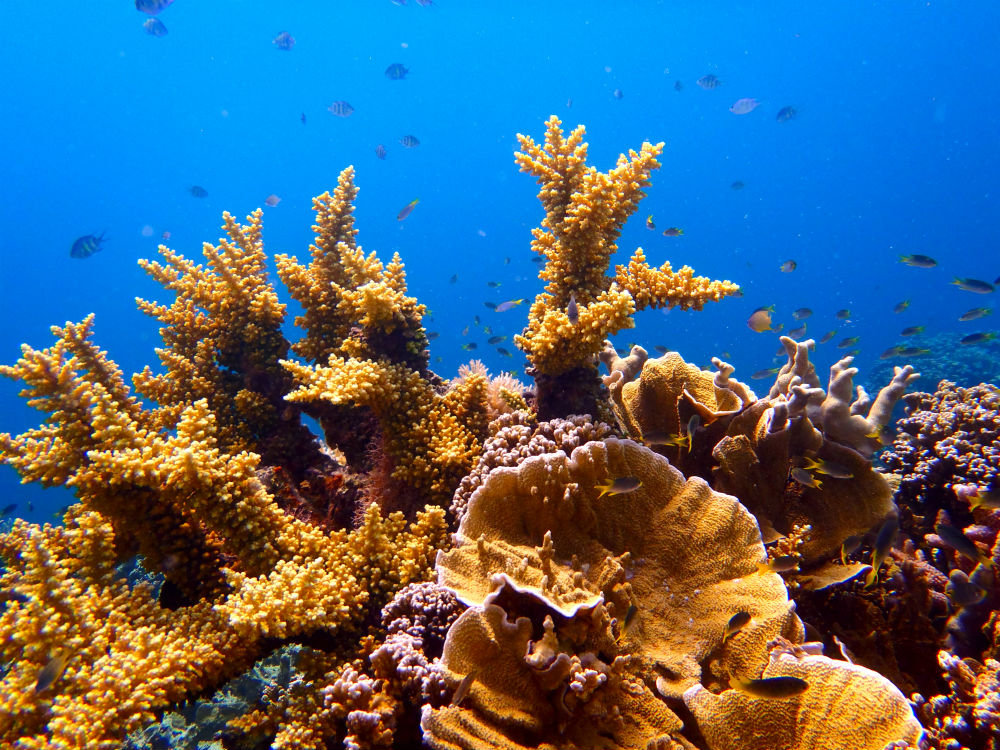
Coral reefs work as nature’s sea walls – It pays to look after them
A group of researchers found that intact coral reefs reduce wave energy by 97% and wave height by 84%. The study, published recently in the journal Nature Communications found that the risk reduction provided by reefs is relevant to some 200 million people worldwide.
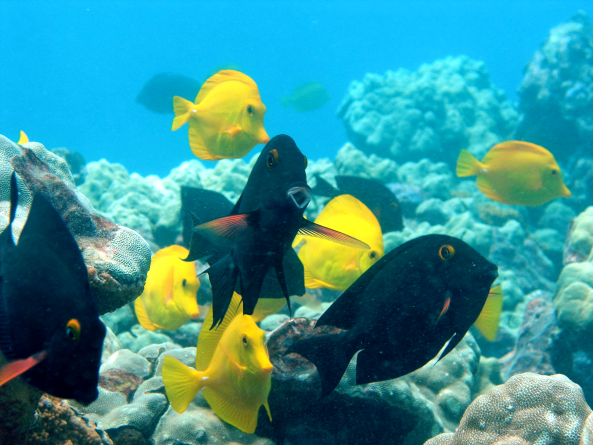
Managing fisheries for reef resilience: Kahekili Herbivore Fisheries Management Area
Herbivore protection and strong community support: will this be enough to increase fish biomass, decrease algal blooms, and enhance reef resilience?
Fisheries Webinar #3: Using Local Knowledge to Inform Fisheries Management in the Coral Triangle
Richard Hamilton of The Nature Conservancy’s Melanesia Program shares how local knowledge is being documented and used to increase understanding of fisheries and engage fishers through case studies from the Solomon Islands and Papua New Guinea. This is a 30 minute...Dive Against Debris
Participate in or join a Dive Against Debris event. Dates Vary. In response to the onslaught of marine debris, one of the biggest ocean issues of our time, Project AWARE launched Dive Against Debris. Created by divers for divers, this global, underwater survey of...Fisheries Webinar #2: Sustaining Fisheries Through Building Partnerships with Fishers and Restaurants
Speakers discuss two approaches in the Caribbean to sustain fisheries and marine resources including a new sustainable seafood initiative underway in collaboration with local restaurants in the US Virgin Islands and working with fishers in Puerto Rico to increase...Fisheries Webinar #1: Sustaining Fisheries Through Collaborative Approaches
This is the first in our series of three webinars to share information on the development of new tools and management strategies for coral reef fisheries. Carmen Revenga discusses work on sustaining fisheries by partnering with local fishers, communities, and industry...
Caribbean reef managers participate in Pacific Learning Exchange
From March 10-14, 2014, thirty managers (four from the Caribbean and twenty-six from Guam) participated in the Adapting to Changing Climate Workshop held in Tumon, Guam.
Interview with Dr. Graham Edgar
Dr. Graham Edgar and his 24 co-authors recently stirred up the marine conservation world with their article, “Global conservation outcomes depend on marine protected areas five key features”. In this article, they review 87 MPAs at 964 sites (in 40 countries) around the world using data generated by the authors and trained recreational divers.
Notes from the Field: Caribbean Corals, 40 Years Later
Dr. Bob Steneck shares observations from his recent research, where he visited reefs throughout the Caribbean 40 years after his original research there! His 6-month journey through the Caribbean has taken him to a wide variety of sites- from well managed marine...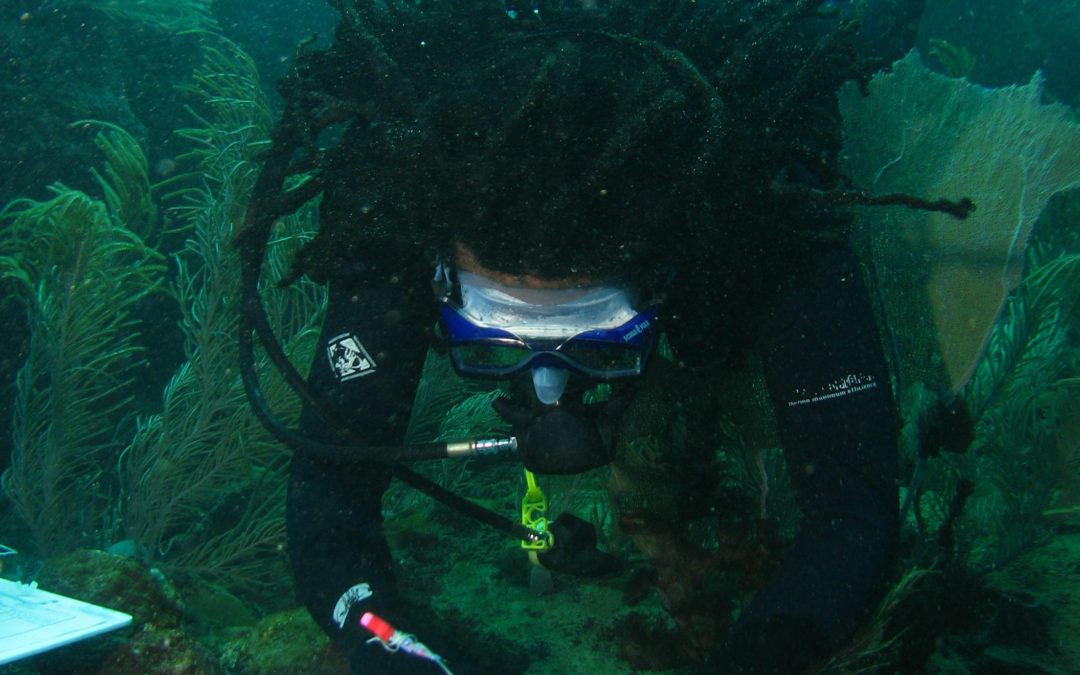
Understanding coral reef resilience in Tobago
Jahson Berhane Alemu I (a participant in our 2010 Training of Trainers Workshop) and co-author Ysharda Clement recently published the paper “Mass Coral Bleaching in 2012 in the Southern Caribbean”. For 6 months, they monitored approximately 650 colonies (composed of 30 taxa) at three sites across Tobago during a bleaching event in 2010.
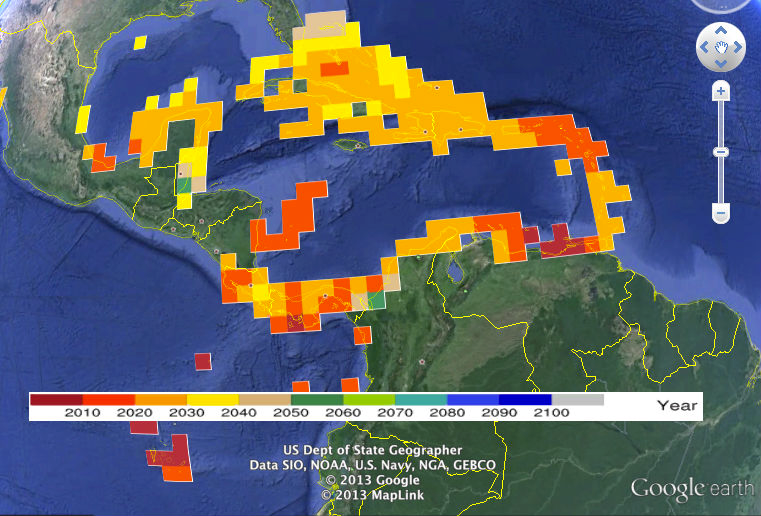
Tool shows future predictions of bleaching and acidification
A new Google Earth tool contains the most recent projections of coral bleaching and ocean acidification for all coral reef areas.
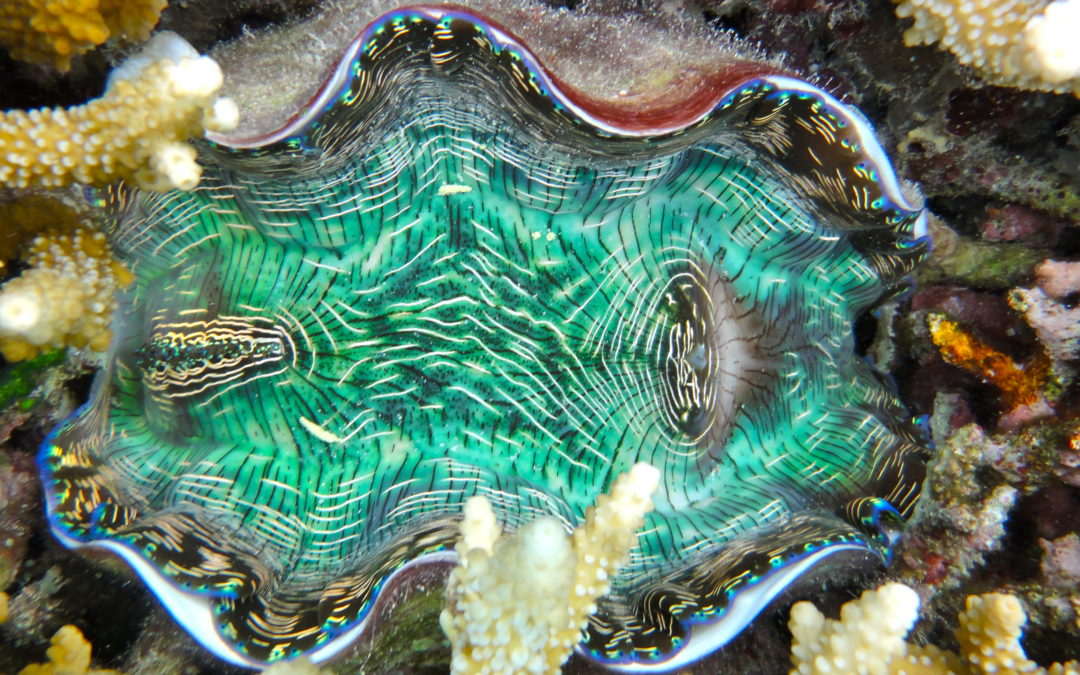
Managing coral reefs in the face of acidification
In “Preparing to manage coral reefs for ocean acidification: lessons from coral bleaching,” Dr. Elizabeth McLeod and her co-authors discuss how management strategies designed to address coral bleaching can be modified to address the impacts of ocean acidification.


